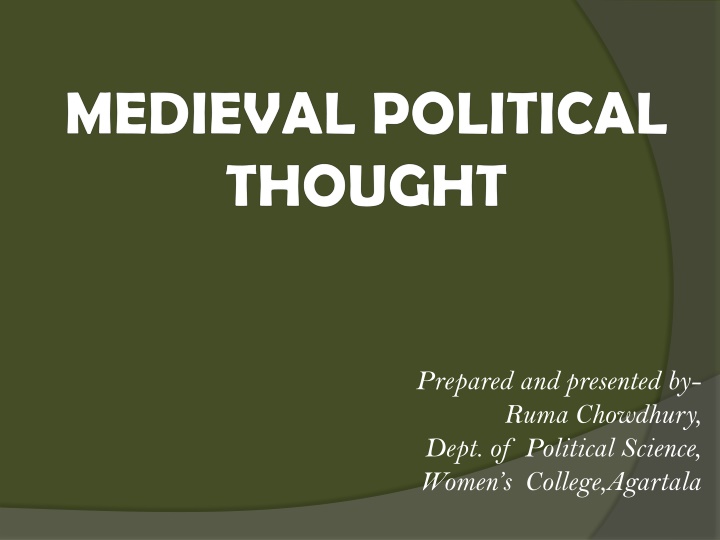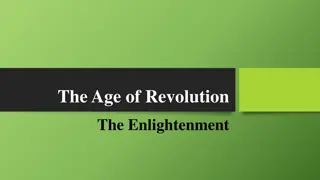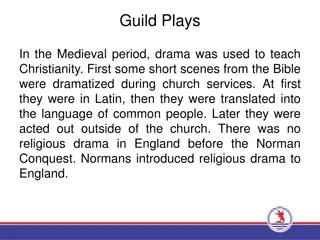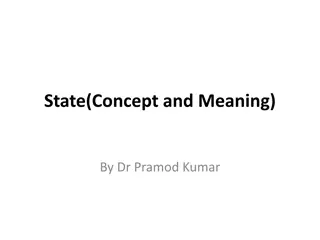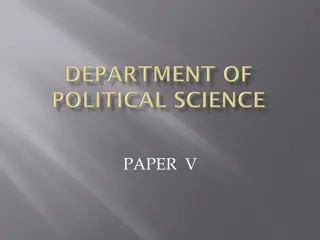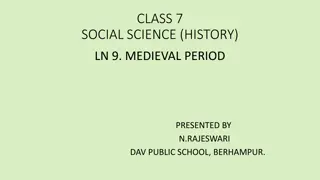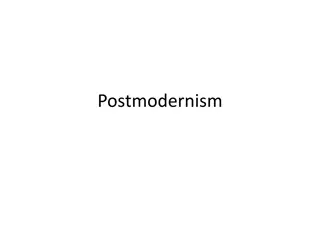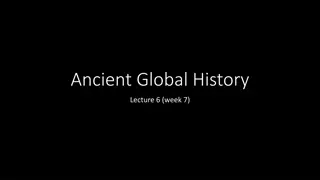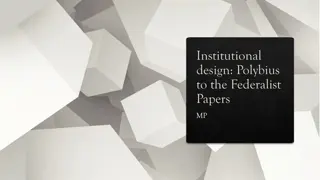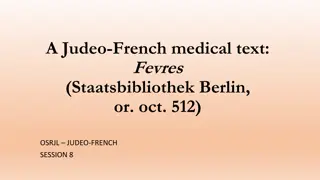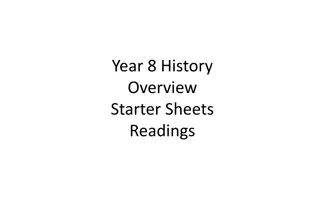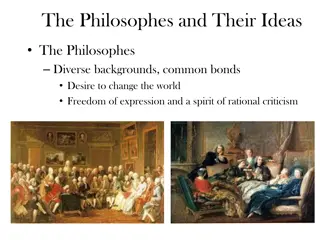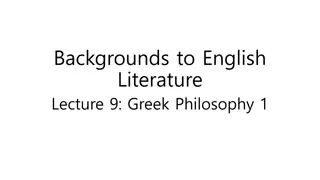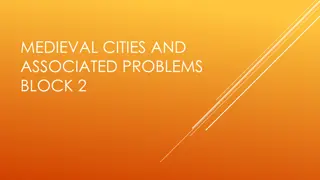Medieval Political Thought: Key Thinkers and Concepts
Explore the medieval political thought highlighting prominent thinkers like St. Augustine, St. Thomas Aquinas, and Marsilius of Padua. The period was characterized by universalism, the absence of organized states, and a blend of politics, economics, and religion. Discover the parallelism between Platonism and Medievalism, the doctrine of two swords, and the emergence of feudalism in this unpolitical era.
Download Presentation

Please find below an Image/Link to download the presentation.
The content on the website is provided AS IS for your information and personal use only. It may not be sold, licensed, or shared on other websites without obtaining consent from the author.If you encounter any issues during the download, it is possible that the publisher has removed the file from their server.
You are allowed to download the files provided on this website for personal or commercial use, subject to the condition that they are used lawfully. All files are the property of their respective owners.
The content on the website is provided AS IS for your information and personal use only. It may not be sold, licensed, or shared on other websites without obtaining consent from the author.
E N D
Presentation Transcript
Prepared and presented by- Ruma Chowdhury, Dept. of Political Science, Women s College,Agartala
GREAT MEDIEVAL THINKERS ST.AUGUSTINE (354 A.D. 430 A.D.)
ST.THOMAS AQUINAS 1227 A.D. 1274 A.D. MARSILIUS OF PADUA 1270 A.D.- 1340 A.D.
The Medieval period was unpolitical.Niether political theory or ideology developed in the Middle Ages. Universalism is the most important feature of medieval political thought. In the Middle Ages, there was no organized state , not even in state in any loose sense. In the Medieval Period politics , economics, religion all were mingled together.
Parallelism between Platonism and Medievalism. Doctrine of two swords. Emergence of feudalism. Medieval Political thought is the predominance of the law of nature. The political thought in the Middle Ages was unhistorical ,unscientific and uncritical.
